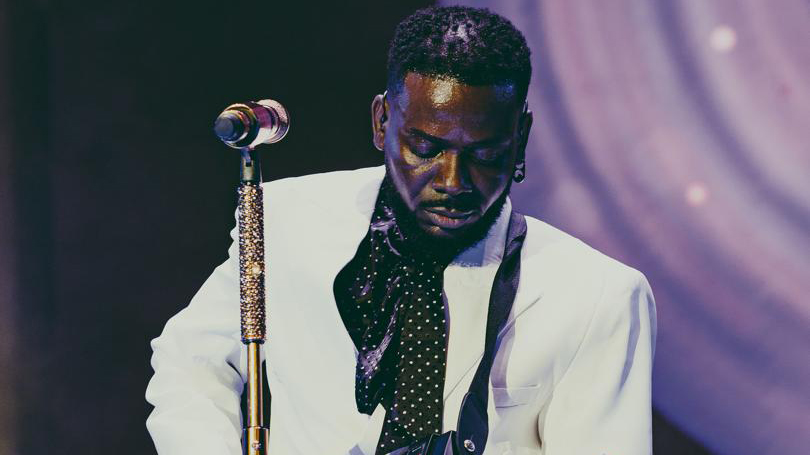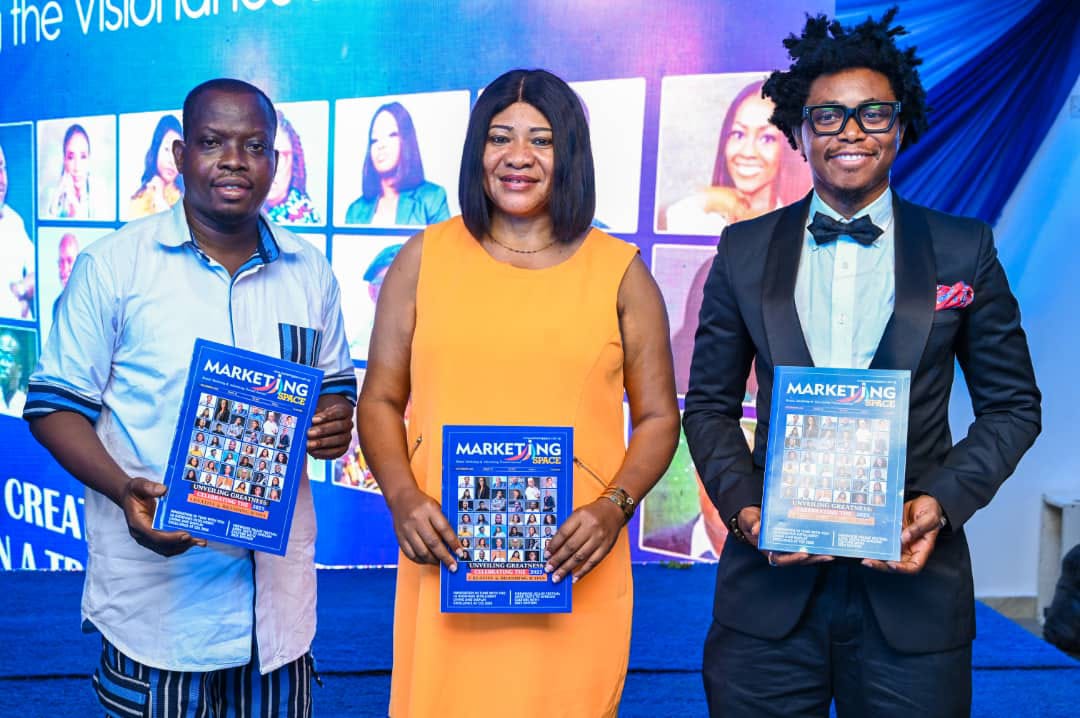The former Managing Director of The Guardian Newspapers, Martins Oloja; former Head of Department Mass Communication University of Lagos and member Editorial Board, The Guardian, Prof. Abigail Ogwezzy-Ndisika; Prof. of Journalism and New Media University of Maiduguri, Nuhu Gapsiso, were among distinguished personalities that stressed the need for sustainable environmental communications in order to shape energy decisions and aid transition to cleaner energy sources.
They spoke at the NNPC Foundation Symposium on Energy and Sustainable Environmental Communication organised by Centre for Media Communication Research, Pan Atlantic University, Lagos.
To Oloja, environmental communication is not merely a moral obligation; it is also an economic and strategic imperative. As Nigeria navigates the dual goals of energy security and sustainability, he noted effective communication would determine the success or failure of public trust in the sector.
Saying there is need to move forward with shared vision, coordinated voice, and sustainable intent, he recommended the following: launching yearly Environmental Communication Report covering all sector activities, encouraging regulators to publish monthly environmental compliance bulletin, supporting universities to develop specialist training in environmental communication; institutionalising community environmental media platforms supported by NNPCL and operators and incentivising innovation through Environmental Communication Awards.
On her part, Ogwezzy-Ndisika insisted there is need for adoption of strategic communication. Such communication, she noted, must be truthful, trust worthy and transformative.
To the don, “there must be cognitive change about how we interact with the environment.” The Professor of Journalism and New Media, University of Maiduguri, Nuhu Gapsiso, said to bridge communication gaps.
There is need to promote evidence-based knowledge; use relatable storytelling and campaigns; bridge gaps between industries, policymakers, and communities; expand access to sustainability information and develop unified environmental communication frameworks.
Speaking in a similar vein, the Managing Director, NNPC Foundation Limited, Emmanuella Arukwe, who was represented by Eno Okon, observed that the nation faces myriad of environmental issues, not limited to pollution, deforestation, desertification, drought, erosion, poor waste management, effluent spills and more recently, large scale flooding.
In view of this reality, she suggested, “it is our shared responsibility to create and nurture a healthy environment to achieve resilient communities and develop communication strategies to drive the message.”
President African Council of Communication Education (ACCE) Nigeria, Prof. Abdultahi Bashir, disclosed the ACCE has been a vanguard in the call for a review of theories and practices of environmental communication and communication scholarship in general.
To the don, “the council is always calling on academics and media practitioners to put sustainability at the centre of their plans. This is because the media itself need to survive so as to carry any other responsibility.”
Associate Professor, School of Media and Communication, Pan Atlantic University Nelson Okorie, said to mitigate environmental issues, “we need the critical stakeholders such as the journalists, media educators, civil society members to come together and proffer solutions. We need to re orintate and create more narratives in order to address the issues.”






